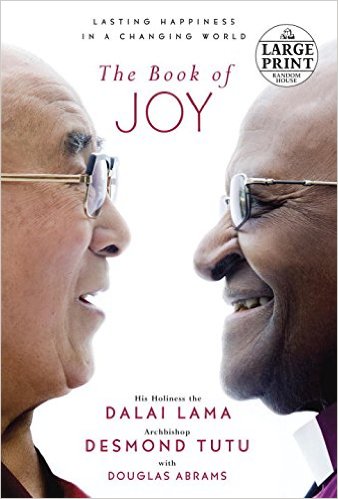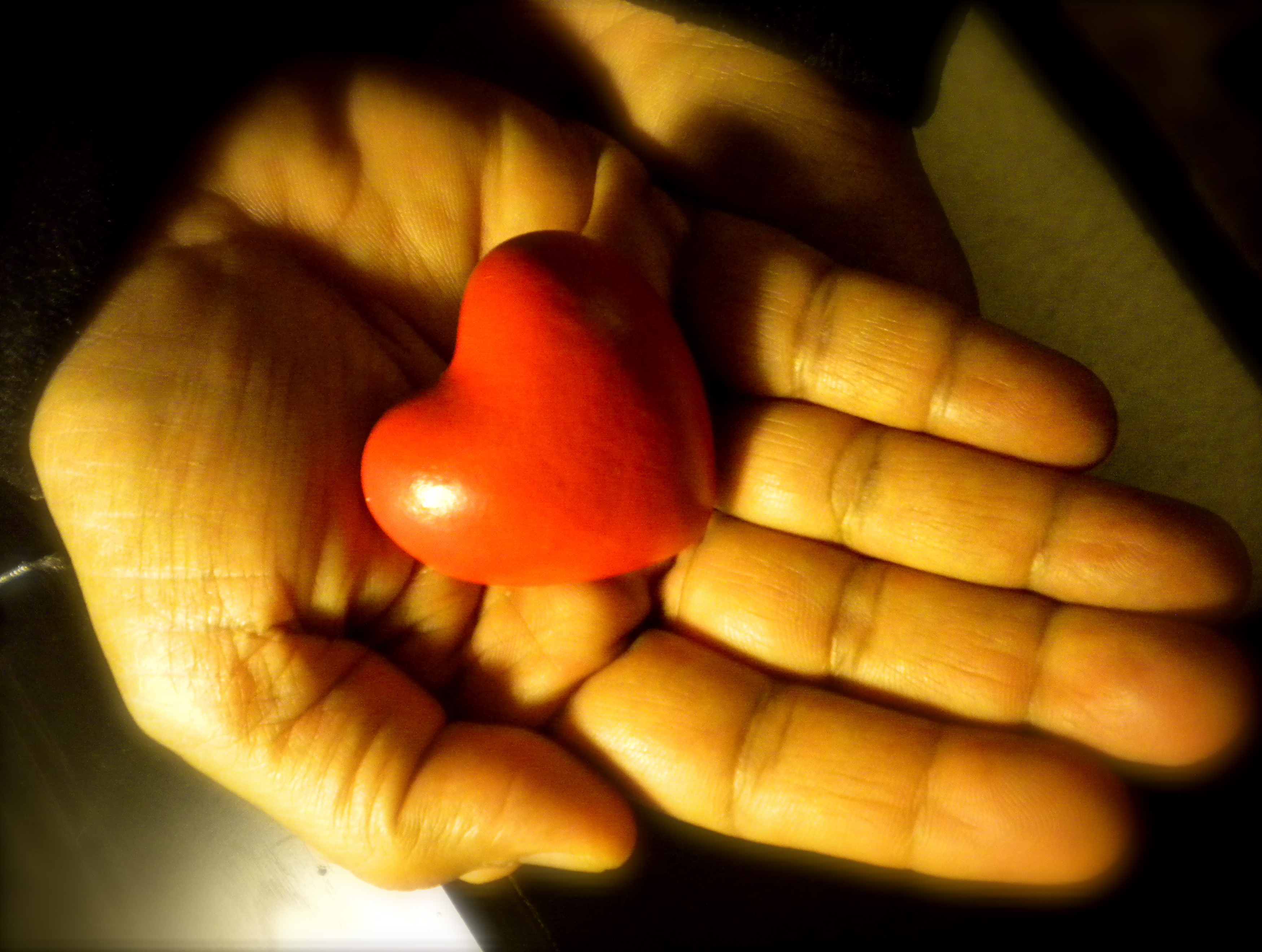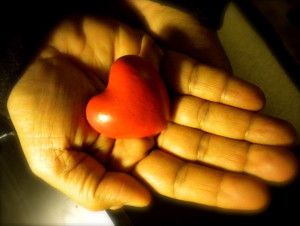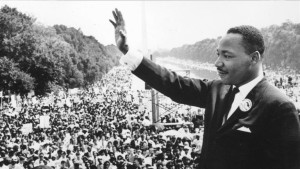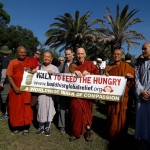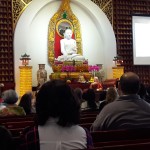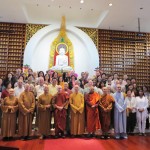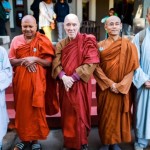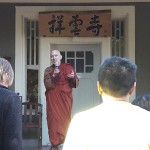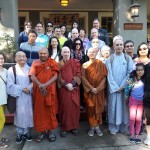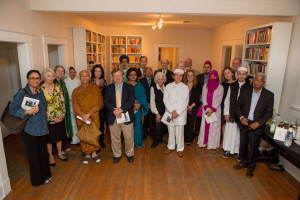A Selection of Inspirational Quotes
“Change in the world comes from individuals, from the inner peace in individual hearts. Just as ripples spread out when a single pebble is dropped into water, the actions of individuals can have far-reaching effects.”
~ H.H. Dalai Lama
“Peace does not mean an absence of conflicts; differences will always be there. Peace means solving these differences through peaceful means; through dialogue, education, knowledge; and through humane ways.”
~ H.H. Dalai Lama
People kill and are killed because they cling too tightly to their own beliefs and ideologies. When we believe that ours is the only faith [or view] that contains the truth, violence and suffering will surely be the result.
~ Thich Nhat Hanh
“Understanding and love are the two most important teachings of the Buddha. If we do not make the effort to be open, to understand the suffering of other people, we will not be able to love them and to live in harmony with them. We should also try to understand and protect the lives of animals, plants, and minerals and live in harmony with them. If we cannot understand, we cannot love.”
– Thich Nhat Hanh
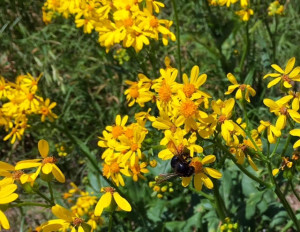
“Falling in love with the Earth – We need to re-establish true communication–true communion–with ourselves, with the Earth, and with one another as children of the same mother. We need more than new technology to protect the planet. We need real community and co-operation.”
~ Thich Nhat Hanh
“Darkness cannot drive out darkness, only love can do that. Hate cannot drive out hate, only love can do that.”
~ Dr. Martin Luther King
“Do your little bit of good where you are; it’s those little bits of good put together that overwhelm the world.”
~ Desmond Tutu
“The very first step in nonviolence is that we cultivate in our daily life, as between ourselves, truthfulness, humility, tolerance, loving kindness.”
~ Gandhi
“Between stimulus and response, there is a space. In that space is our power to choose our response. In our response lies our growth and our freedom.”
~ Victor Frankl
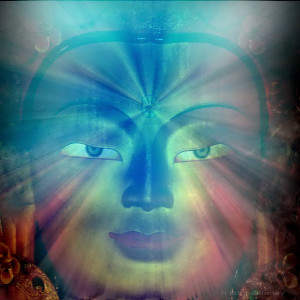 Abhidharma, Buddhism’s map of the mind, is sometimes treated as a topic of merely intellectual interest. In fact, says Thich Nhat Hanh, identifying the different elements of consciousness, and understanding how they interact, is essential to our practice of meditation.
Abhidharma, Buddhism’s map of the mind, is sometimes treated as a topic of merely intellectual interest. In fact, says Thich Nhat Hanh, identifying the different elements of consciousness, and understanding how they interact, is essential to our practice of meditation.

